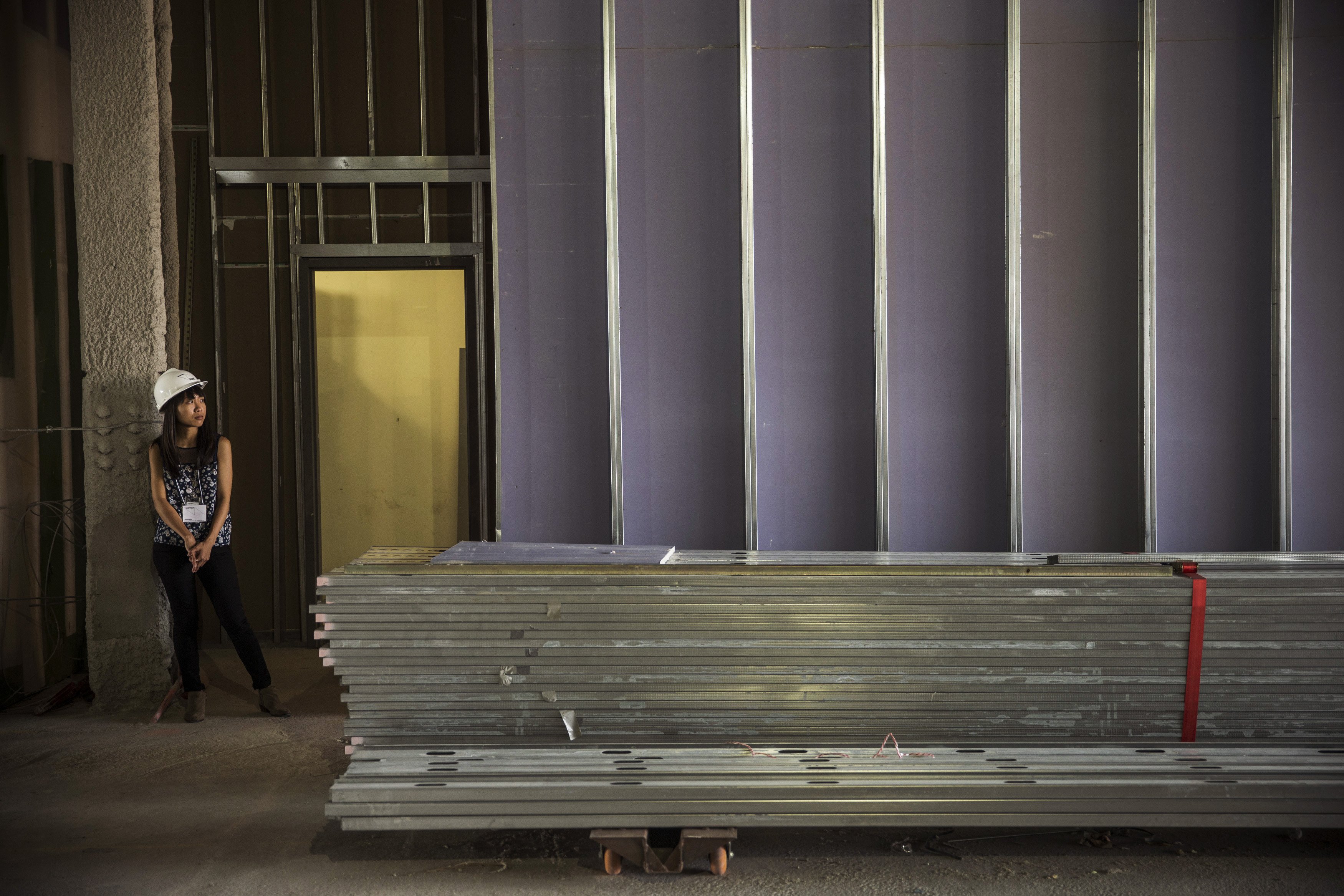
Over the past 25 years, success in the gallery sector has become synonymous with growth of all kinds. Yet even as gallerists try to wrestle an ever-expanding list of business variables into equilibrium, many of their individual options still ultimately depend on perhaps the most basic scale question of all: How much physical space do they have?
The square footage controlled by any gallery determines fundamental aspects of its identity and operations: the size and quantity of the works it can show on site, the number of employees it can bring in house, the amount of off-site storage space it needs, and more. But with a new announcement about gallery expansion seeming to hit the art-industry newswire every day, it can be vexing to try to visualize just how physically large even one major dealer is in 2018, let alone how that dealer compares to some of their closest peers.
To help better define the ecosystem, artnet News confirmed the total square footage (meaning: exhibition, office, and on-site storage space combined) across all locations for 14 galleries normally classified as “mega” or “high-end.”
The chart below captures the respondents’ data in one easy-to-see location. However, it will change soon. Three respondents already have new spaces under construction: Lévy Gorvy’s new Hong Kong gallery, slated to debut in March 2019, will total 2,500 square feet; Pace’s pending West 25th Street headquarters, due to open in September 2019, will total approximately 70,000 square feet; and David Zwirner’s new West 21st Street base, set to bow in 2020, will total 50,000 square feet. (Pace’s and Zwirner’s new locations will replace some of their existing real estate.)
As the chart makes clear, the gallery business, even at the top end, is not one-size-fits-all. Victoria Miro has three locations (two in London, one in Venice), while Gagosian has a globe-engulfing 16. And galleries aren’t the only art industry pillars on a building spree: For comparison, it may be helpful to note that the entire downtown Whitney Museum of American Art in New York, which opened in 2015, is 220,000 square feet, while the Broad in Los Angeles, also completed in 2015, is 120,000 square feet.